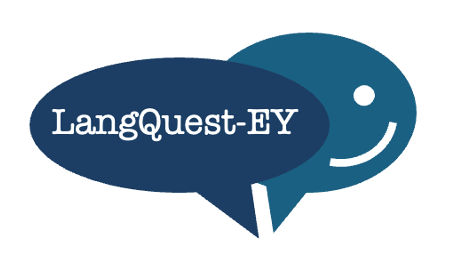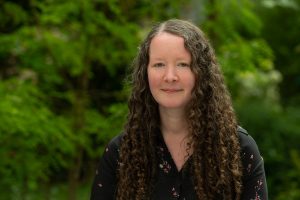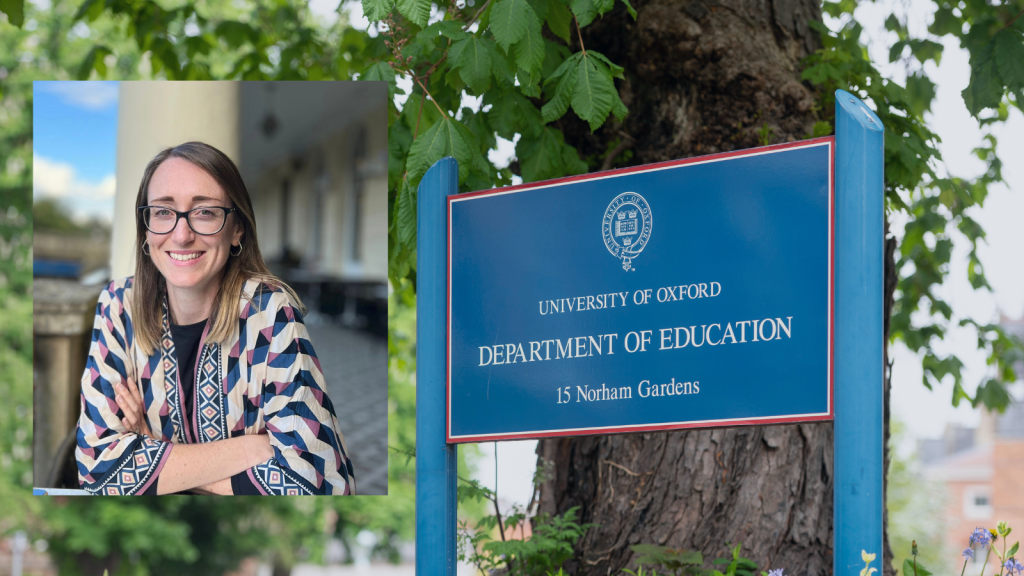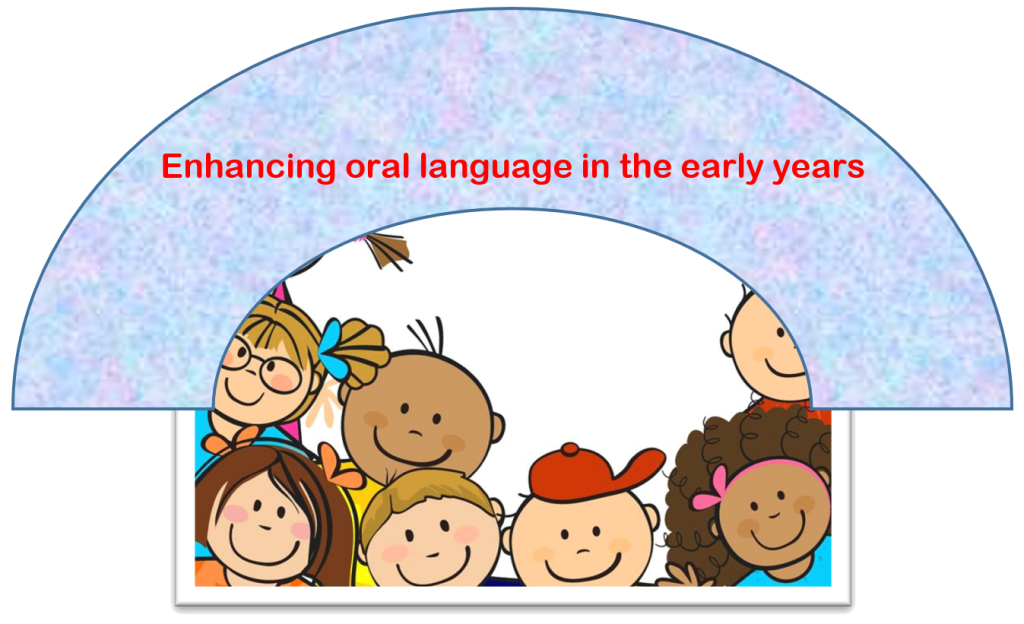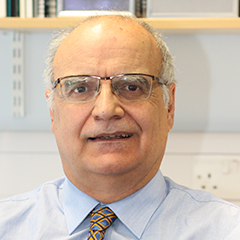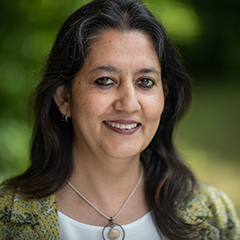The Project
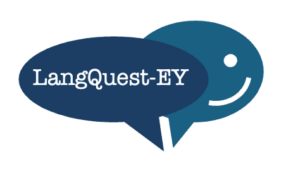

Early Childhood Education and Care (ECEC) can reduce early poverty-driven developmental gaps in children’s early language skills, and relatedly their school readiness. Such benefits however depend on high quality adult-child interactions and support provided by knowledgeable and skilled practitioners. Continuous professional development (CPD) aimed at early years staff seeks to provide educators with the confidence and skills they need to embed effective strategies in their day-to-day work with groups of young children. While we know that CPD interventions in ECEC can be successful in changing child outcomes, monitoring change of individual staff practices and beliefs receives often insufficient attention.
CPD programmes typically involve training some selected staff members, who then pass on what they have learned to other staff in the setting or school. Concerns exist around the dilution of the messages of programmes as they are passed on, and around the question if educators changes are retained once the programme stops. More quantitative evidence is needed to test if and how individual practices can be embedded and retained consistently across staff members of a setting. Yet, there is a lack of cost-effective and validated measures that can be used in evaluation studies, with a focus on educators’ confidence and practices specific to language support, and specific to strategies that have been found to be effective in larger group settings.
With this study we followed a structured multi-step process to develop and pilot a self-administered questionnaire that captures early years educators’ confidence in supporting children’s communication and language development (LangQuest-EY). Work for the study included a literature review, a panel review (following an adapted version of the Delphi method) with 12 experts in the field of early interventions and early education, and piloting of the newly developed assessment tool with a heterogenous group of 80 educators in early years settings, followed by final revisions and dissemination of the tool.
Study findings indicate that LangQuest-EY is useful and meaningful as a questionnaire for early years educators to report on their confidence in supporting young children’s language development. While first results support the validity of the questionnaire, a larger scale study is needed next to further test validity and structure of the tool. We hope that following further development and testing, the new tool will be useful to establish under which conditions which kind of educator training on language supporting strategies can be most effective – over time, and for individual educators as well as teams within early years settings. This will deepen our understanding of those mechanisms that enable improved outcomes for young children.
Research Team
